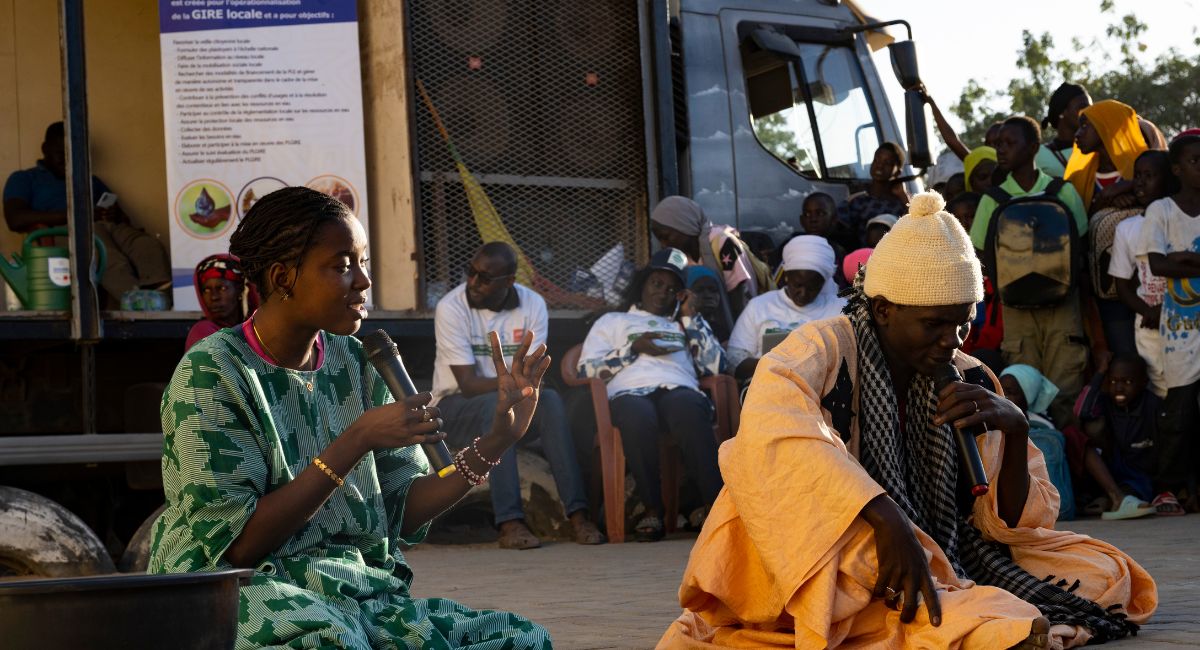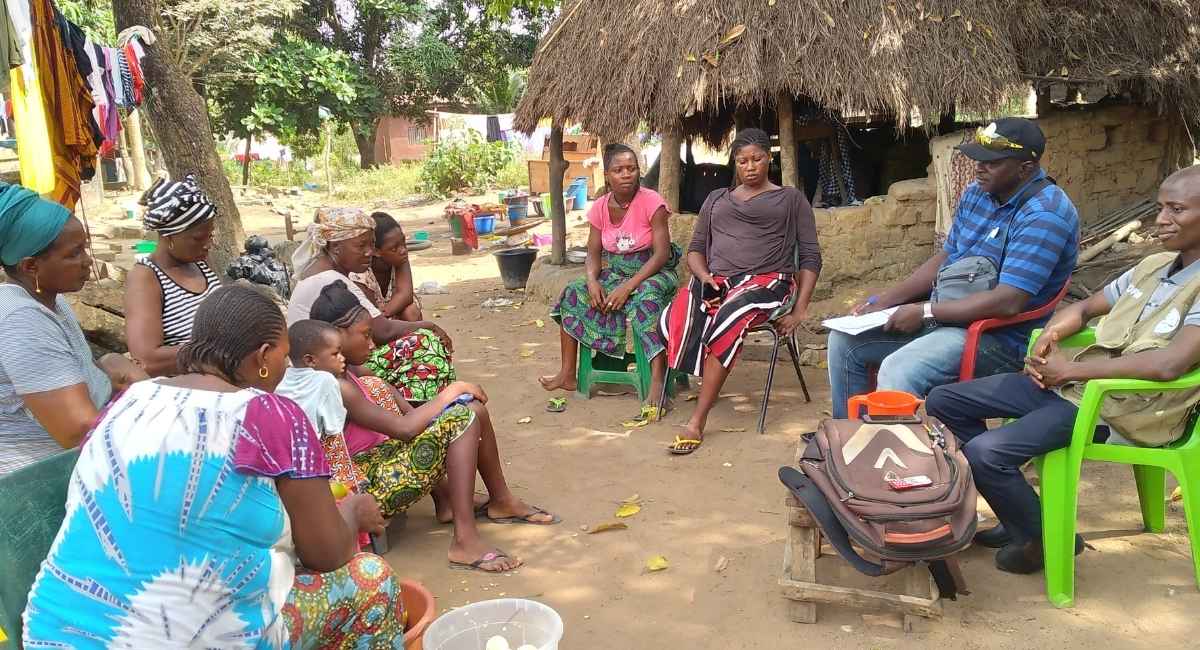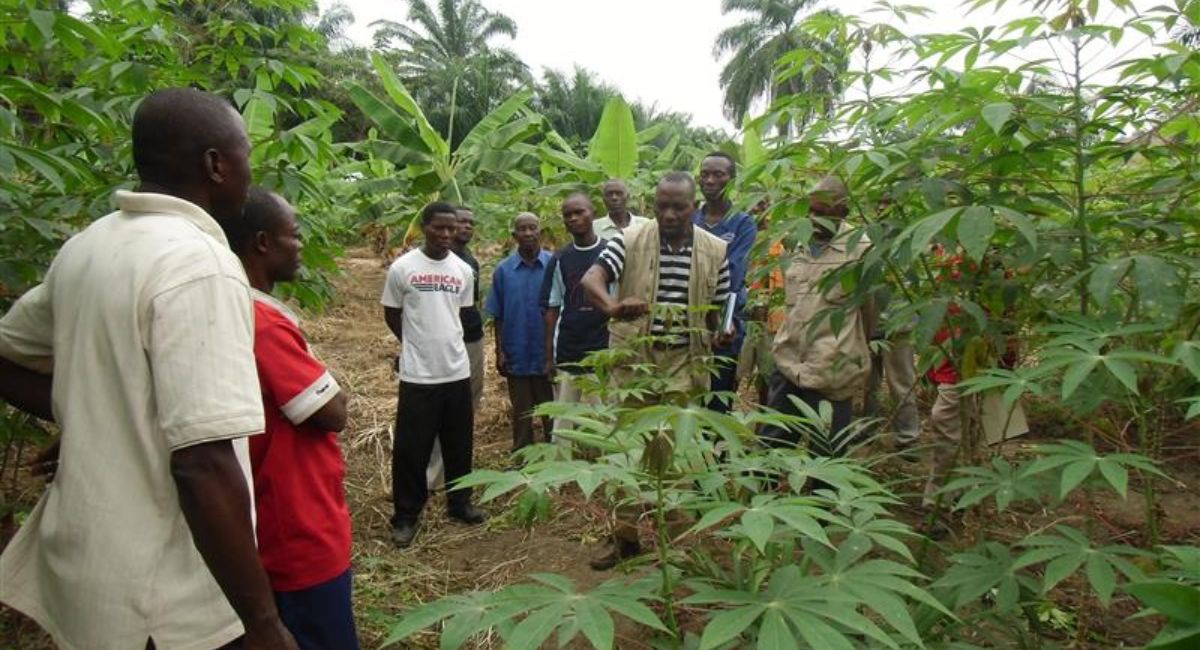What if the solution to meet water challenges could be found in dialogue and collective mobilisation? This is the audacious venture undertaken by GRET and the Directorate of Water Resources Management and Planning (DGPRE) at the Ministry of Hydraulics and Sanitation, who organised a Water Caravan in the Niayes area of Senegal from 17 to 28 February 2025. This caravan, which is part of the Girel project [1], toured municipalities to mobilise populations around a crucial issue: conservation and fair sharing of water resources.
The Niayes, an area facing multiple challenges
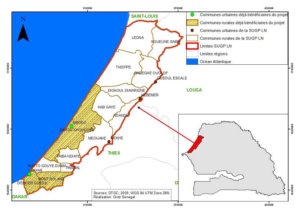
“In the Niayes area, we have real problems in accessing water”, says a market gardener from Darou Khoudoss. “Before, it was easy to get water for our vegetable plots. This is no longer the case. We are finding it very difficult to produce our crops. It’s the same for households, they cannot access water”.
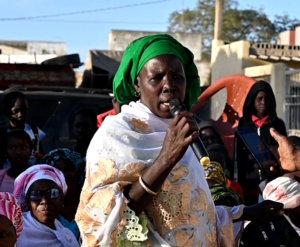
Market gardener from Darou Khoudoss
A caravan for water, a caravan for the future
Imagine a mobile system crossing through villages, animating public spaces and markets, involving communities in lively debates on water. The Water Caravan is an innovative, participatory initiative designed to interact with local populations. The objective is to generate constructive dialogue between the stakeholders concerned: farmers, livestock farmers, local authorities, State services, the media and citizens on the importance of water and the need to conserve and fairly manage water resources in the Niayes area.
An excursion through the Niayes area
For nine days, the Caravan travelled to strategic localities in the Niayes, from Kayar to Ngeune Sarr, via Mboro, Kébémer, Lompoul and other villages. Each stop was an opportunity to bring communities together around playful and pedagogical activities, and to hold indepth discussions on local water challenges.
Activities for all, messages for everyone
The Water Caravan captivated its audience thanks to a detailed, varied programme:
- Theatre-forum: cameo scenes inspired by inhabitants’ daily lives highlighted problems in accessing, managing and conserving water, and generated lively, constructive debates.
- Feedback: members from local water management bodies, who were supported as part of the Girel project, shared their experiences, showing that local solutions do exist.
- DGPRE interventions: representatives explained the national water policy and its concrete application in municipalities.
- Radio shows: radio shows presented by GRET and the DGPRE made it possible to publicise the caravan and focus on the need to conserve water in the Niayes.
An impact that surpassed expectations
The Water Caravan did not just generate debates on water-related issues. It also provided a source of inspiration by discussing collective responsibility. Reaching more than twenty localities with several hundred people attending, it created the conditions necessary for dialogue on the objectives and challenges of water conservation. Populations became more aware of their role in conserving this precious resource, while local authorities intensified their commitment to more sustainable, inclusive governance.
Assane Sow, an onion producer in Potou, gave us a clear overview of solutions to be implemented: “To solve problems around access to water, I think it’s crucial to initiate consultation between all water users. Only proper consultation and organisation can help us to overcome this situation. In addition, I believe it should be compulsory to request authorisation for drilling. The reason drilling has become so widespread is a lack of organisation, particularly on the part of authorities. The DGPRE services should be decentralised in municipalities, in order to be closer to the population. This would provide people with greater motivation to request authorisation before drilling.”
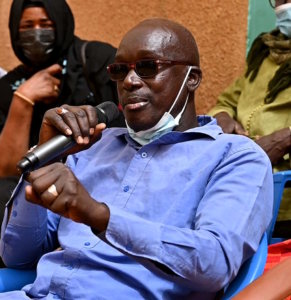
Assane Sow, an onion producer in Potou
This feedback highlights the importance of stronger local governance and close collaboration between stakeholders.
What’s next?
The Water Caravan has laid the foundations for sustainable change. But there is still work to be done. Communities are now better informed and mobilised, and are ready to take action to protect their water resources. As part of the Girel project, GRET and the DGPRE will continue to work alongside them in this approach, by supporting local initiatives and boosting the capacities of the stakeholders concerned.
The Girel project is part of the AFD-funded “commons and shared governance programme”.
This project is funded mainly by the Seine Normandie Water Agency and SENEO, with the participation of Senegalese public institutions such as the Directorate of water resources planning and management, the project’s main national partner.

